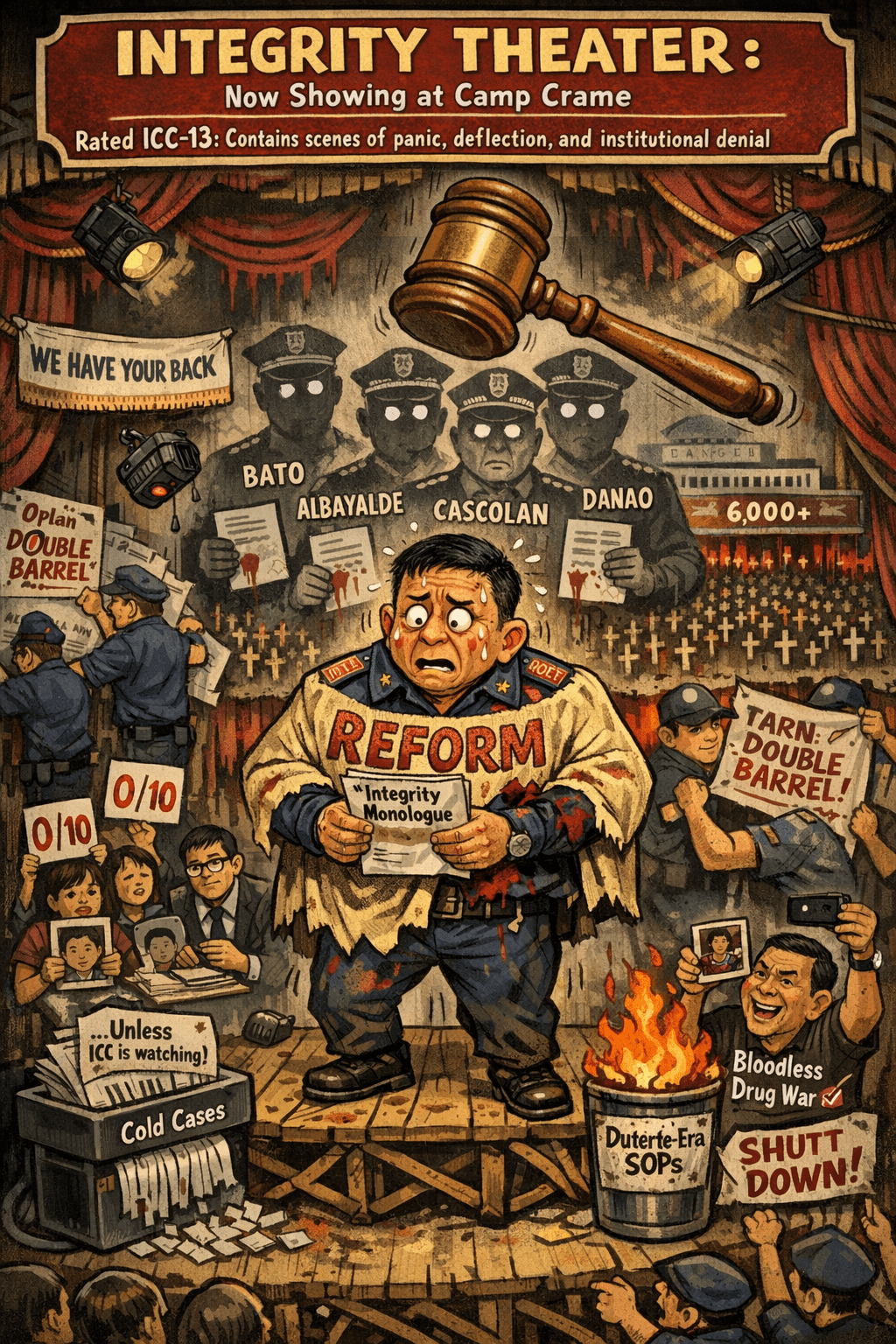By Louis ‘Barok‘ C. Biraogo
In the annals of legislative history, moments of unity and cooperation often shine brightest. Such a moment unfolded recently in the Philippines, as Speaker Ferdinand Martin Romualdez and Senate President Chiz Escudero joined forces to steer the nation’s legislative agenda. This meeting, held in Malacañang, symbolizes more than a mere handshake; it represents a rekindled partnership between the House of Representatives and the Senate, aimed at bringing profound benefits to the Filipino people.
The benefits of such cooperation are manifold and historically proven. When both chambers of Congress unite, the legislative process becomes more streamlined and effective. Policies are not just passed with greater speed but also with a broader consensus, enhancing their legitimacy and acceptance. This unity is crucial in tackling pressing issues, as evidenced by past successes. For instance, the passage of the Universal Health Care Act in 2019 was a product of robust collaboration between the two chambers, leading to significant improvements in the healthcare system and extending essential services to millions of Filipinos.
Romualdez and Escudero’s commitment to key legislative measures, such as the amendments to the Rice Tariffication Law, underscores the potential of their partnership. By focusing on making quality rice affordable and boosting farmers’ incomes, they are addressing both economic and social dimensions of national welfare. Their joint effort promises to expedite legislative processes, ensuring that the benefits of these laws are realized without unnecessary delays.
Moreover, their collaboration on the legislative calendar and priority measures highlights a strategic approach to governance. With significant progress already made on the twenty LEDAC priority measures, including ten approved by both Houses, the potential for substantial legislative advancements is clear. This coordinated effort is not just about passing laws; it’s about enacting reforms that bring tangible improvements to the lives of everyday Filipinos.
However, history also teaches us the perils of disunity. When the two chambers are at odds, legislative gridlock ensues, stalling critical reforms and leaving pressing issues unaddressed. The impasse over the Reproductive Health Bill, which took over a decade to pass, serves as a stark reminder of the consequences of such discord. During this period, millions of Filipinos were deprived of essential health services, highlighting the high stakes of legislative cooperation—or the lack thereof.
Romualdez and Escudero’s proactive approach in maintaining open lines of communication to prevent misunderstandings is commendable. This strategy is pivotal for a harmonious legislative environment. The presence of other key leaders, including Senate Majority Leader Francis Tolentino and House Majority Leader Manuel Jose M. Dalipe, at the meeting further underscores a collective resolve to bridge gaps and synchronize efforts.
The upcoming Legislative-Executive Development Advisory Council (LEDAC) meeting on June 25 is poised to be another milestone in this cooperative journey. It offers an opportunity to align legislative priorities with the administration’s goals, ensuring a unified approach to national development.
In calling for unity and progress, let us remember that the strength of a nation lies in the collective efforts of its leaders. The renewed partnership between Romualdez and Escudero is a beacon of hope for a more cohesive and effective legislative process. Their collaboration has the potential to drive the Philippines towards a future of stability, prosperity, and inclusivity.
As we look forward to future legislative sessions, the promise of a united Congress working diligently for the common good is a narrative worth championing. It is through such unity that meaningful and lasting progress can be achieved, paving the way for a brighter tomorrow for all Filipinos.

- From Barangay Captain to Cabinet: Why 73% of Filipinos Think Bribery Is the Only Government Service That Actually Works

- Why Duterte Got the Fast-Track to The Hague but Bato & Bong Go Deserve a Full Constitutional Pageant

- Marcoleta’s Treason Fantasy: Why Charging Carpio for Peacetime “Betrayal” Is the Dumbest Thing You’ll Read This Week

- DOJ Caught Shielding Alleged Rapist Because He’s Their Sabungeros Golden Boy? The Ugly Truth Exposed

- PNP “Integrity Reforms”: Nartatez’s ICC Panic Button or Just Another Camp Crame Comedy Special?









Leave a comment